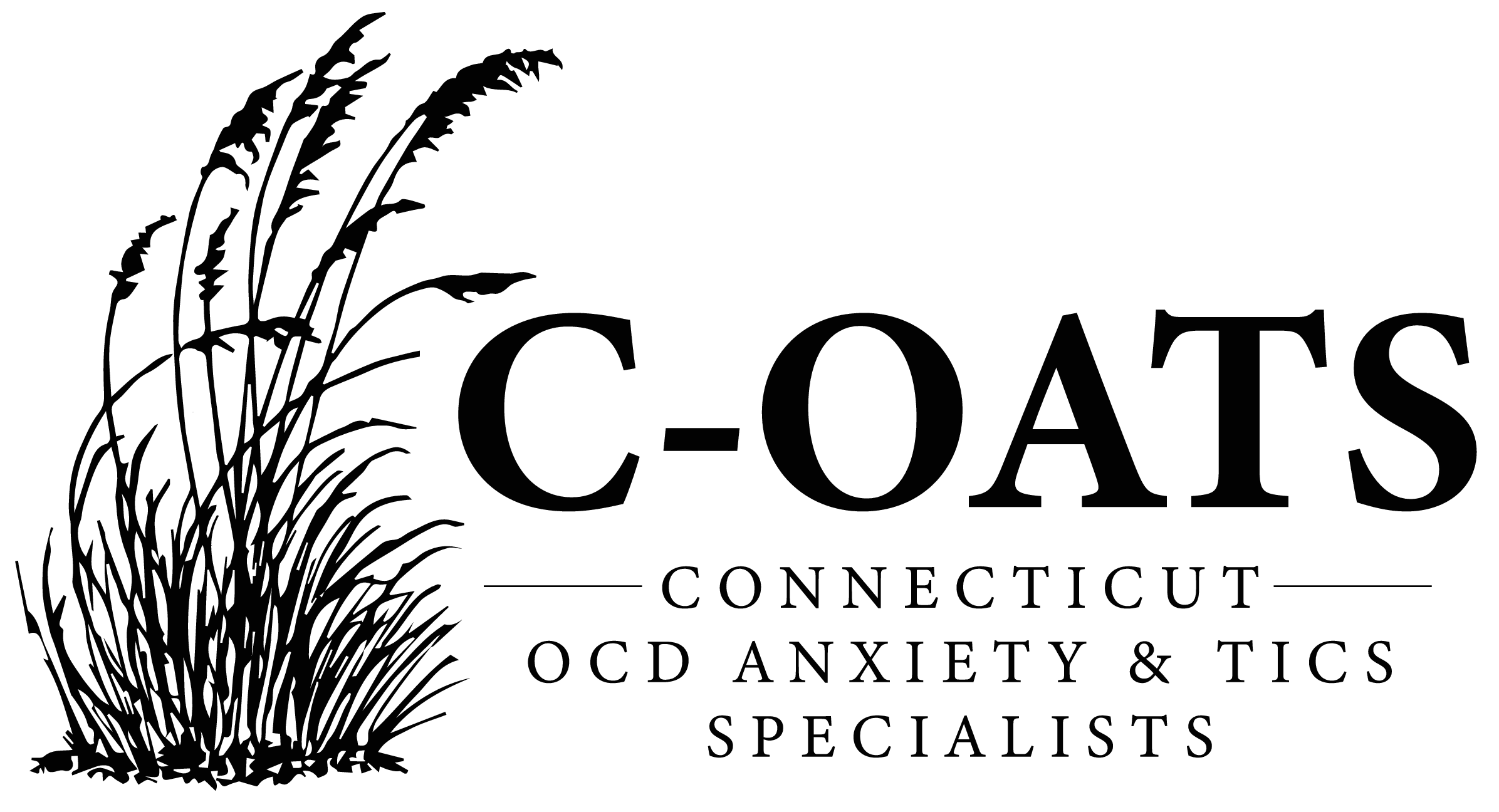Social media is part of most American teenagers’ daily life. From Instagram and TikTok to YouTube, studies show that up to 95% of youth ages 13–17 report using a social media platform, with more than a third saying they use social media “almost constantly.”
While there are benefits of social media for teens such as offering a place for community, self-expression, and connection, there’s growing concern from the medical community about the impact these platforms have on adolescents’ mental health. It’s no coincidence that mental health issues such as anxiety and depression among teens have been rising for more than a decade, which poses the question:
How much is social media to blame?
Last spring, United States Surgeon General Vivek Murthy, MD, MBA, released an advisory called Social Media and Youth Mental Health, where he relayed there is growing evidence that social media is causing harm to young people’s mental health.
While Dr. Murthy recognized the benefits of social media for some young people, he noted in his report, “There are ample indicators that social media can also have a profound risk of harm to the mental health and well-being of children and adolescents.”
Though more research needs to be conducted to fully understand the impact of social media, for parents, navigating teens’ use can be complex.
The Positive & Negative Effects of Social Media on Young People
“The adolescent years can be challenging on their own, but this period can be even more complicated when factoring in the complexities of social media. In our digital world, we have to recognize the huge impact social media has in our teens’ lives, and while there are opportunities for connection and self-expression, there are also risks to teen mental health and well-being,” commented Dr. Matthew Specht, psychologist and Director of C-OATS.
Positive Impacts of Social Media
When time usage and content are appropriately managed ,social media can have some beneficial effects on teens, including:
- Helping teens stay connected with friends and family
- Providing a space for expression and identity exploration by being able to share thoughts, experiences, and creativity with friends and followers
- Fostering positive relationships with others who share common interests or identities
- Boosting self-esteem and gaining a sense of social approval
The advisory points to a 2022 survey of American teenagers and their parents by the Pew Research Center, which showed that a majority of respondents felt that social media helps teenagers feel more accepted (58%), like they have people who can support them through tough times (67%), that they have a place to show their creative side (71%), and that they are more connected to what’s going on in their friends’ lives (80%).
Negative Impacts of Social Media
While there are upsides to social media use, an extensive number of negative effects exist, including:
- Pressure to maintain a perfect online persona and the quest for approval can lead to feelings of inadequacy, comparison, and FOMO (fear of missing out)
- Lowered self-esteem when teens perceive their lives as inferior to the carefully-curated images and lifestyles of their peers
- Higher relative concern of harm in adolescent girls and those already experiencing poor mental health
- Cyberbullying and online harassment
- The addictive nature of social media and late-night screen time can disrupt teens’ sleep patterns and overall well-being
- Stress and overwhelm from constant stimulation and notifications from social media
- Social media platforms can be used as a forum for targeting adolescents for harmful purposes such as sexual exploitation or financial extortion
Additionally, social media algorithms are built to feed content that a teen shows interest in, which can be both good and bad. If a young person is interested in soccer and receives content related to training, fitness, and practice tips, it’s a great way to become a better player. On the other hand, a teen who may be struggling with body image and is constantly shown images of unattainable physical images may suffer from a distorted sense of self. Studies have shown this to be a particular problem among girls.
Social media and its algorithms also allows teens to easily access extreme, inappropriate, and harmful content, normalizing behaviors linked to suicide, self-harm, and risk-taking.
Dr. Murthy’s report also stresses that the brain is going through a highly sensitive period between the ages of 10 and 19, when identities and feelings of self-worth are forming. Frequent use may be linked to distinct changes in the developing brain, potentially affecting such functions as emotional learning and behavior, impulse control, and emotional regulation.
Dr. Specht commented, “Excessive social media use can harm teens by disrupting important healthy behaviors and trigger pathways comparable to addiction. As the influential adults in our children’s lives, it is our role to support and help them navigate usage in a responsible way.”
Here are some tips for how you can help the young people in your life create a healthy relationship with social media:
- Determine the appropriate age your child will have access to social media. While the minimum age for most platforms is 13, nearly nearly 40% of children ages 8–12 use social media.
- Establish clear rules around social media use, including screen time limits, privacy settings, device-free mealtimes, and keeping devices out of bedrooms. Setting boundaries helps young people develop healthy habits and protects them from potential harmful risks.
- Encourage and foster the importance of “offline activities.” Whether it’s participating in hobbies, sports, and socializing with friends in person, encourage teens to develop real-life connections and interests, free from devices.
- Communicate openly with your teen about their social media use. A supportive, honest, and judgment-free home environment will allow your teen to feel comfortable sharing their thoughts while encouraging them to think critically about their choices.
- Model healthy social media use. Lead your teens by example and demonstrate what it means to partake in social media responsibly and respectfully.
- Let your teens make mistakes. Young people are finding their way in the world and it’s important for them to make decisions without their parents hovering over them. The key is establishing trust and keeping the lines of communication open, so they feel comfortable coming to you anytime.
Social media is a powerful tool that will continue to be a part of all our lives. As parents, it is our responsibility to keep our kids safe, yet give them the resources and resilience they need to manage the social media world responsibly and confidently.
If you’re concerned about the impact of social media on your teen, reach out to our office and let’s set up time to talk. With support, guidance, and open communication, parents can help teens develop the skills they need to use social media for good!
Sources:




Comments
0 Comments